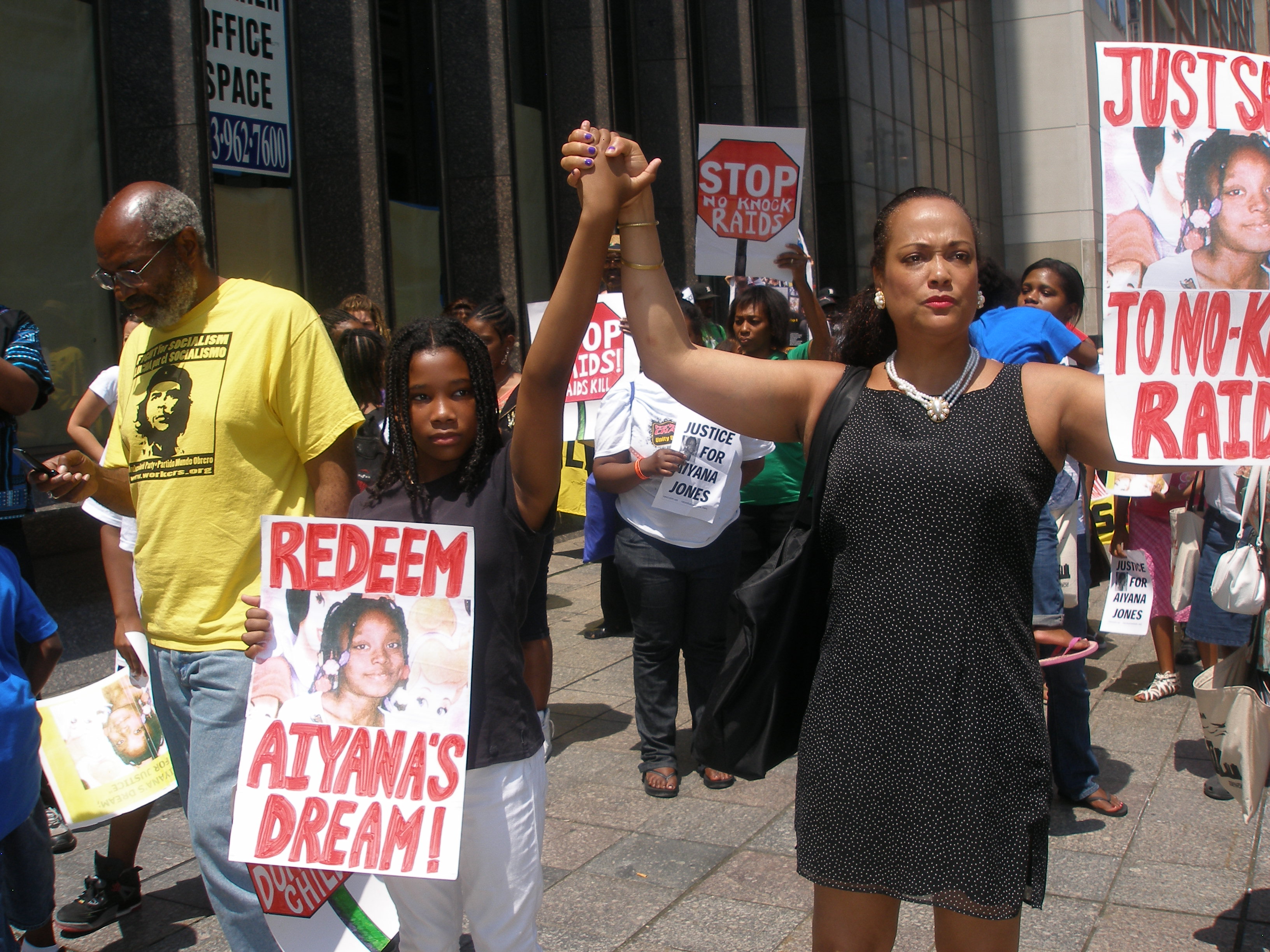
In November 2008, La Promesse, a school in Port-au-Prince, collapsed. Three stories came crashing down, at least 84 children and staff were killed, over 150 injured. It was not an earthquake that brought death to those children. It was shoddy construction, it was greed. Immediately afterwards, the mayor of Port-au-Prince stated that over half of Haiti’s building were poorly built and unsafe.
Michele Voltaire Marcelin tried to understand, to live with, the calculations that leave children suffering and dead under the weight of preventable destruction. She tried to understand the promise we make to our children:
The Promise
— For the Haitian schoolchildren who
died under the rubble of “La Promesse”
children die
do not talk to me about prayer
or paradise
talk is cheap
children die
and my anger supercedes my grief
remember
it was a november morning like any other
when the plaster the brick the mortar
came crashing down
children die
under the rubble of the promise
women cry
the air is heavy as lead
the air is filled with dust
we live in heartless times
and children die
looking for paradise
Children die. We live in heartless times and children die. Those children become child-ghosts. We live in an age of spectacle in which children die and living children are treated as dead. Both are child-ghosts.
Sunday morning, May 16, seven year old Aiyana Stanley-Jones lay asleep in her bed, when Detroit police rushed in with guns drawn and, quickly, blazing, and killed her. An accident, they said, in apology, as explanation. `A Tragedy in Detroit, With a Reality TV Crew in Tow’, according to The New York Times. The police were participating in an A&E reality show, The First 48. For some, this is an issue about reality shows, for others police violence, for others the value of the lives of people of color, of girls of color. These are all worthy lines of lines of inquiry.
At the same time, Aiyana Stanley-Jones is precisely not a tragedy because her story is too familiar and too often repeated. She is one with the girls of La Promesse, young, Black, dreaming, and killed. A ghost-child.
The next day, Monday, the US Supreme Court decided that “juveniles who commit crimes in which no one is killed may not be sentenced to life in prison without the possibility of parole.” “An incredibly important win for kids who’ve been condemned to die in prison”? Perhaps. A step in the right direction, but not a long enough nor a strong enough step? Probably. A ruling that addresses neither the inequities of life without parole nor the cynical inequalities of the parole system? Most likely.
Sentencing a child to life without the possibility of parole turns that child into a child-ghost. Once he or she, and the majority are he (and he of color, at that) is sentenced, the game is over, the play is done, the curtain is drawn. All that matters is the spectacle of society being defended, the courtroom drama that assures that humans will be protected from monsters. How? By sending them to the beyond. That those monsters actually are still alive is irrelevant. Who really cares about ghosts produced in a society of spectacle? No one.
And what of those children whose only crime is that of seeking safety?
On Wednesday, the British Home Office announced that children would no longer be held at Dungavel House Immigration Removal Centre in Scotland. The decision came soon after a Pakistani woman asylum, Sehar Shebaz, and her 12 month old daughter Wania were arrested on Monday, and sent to Dungavel. People protested. The Home Office said fine … and then prepared to ship Sehar and Wania Shebaz to Yarl’s Wood.
Yarl’s Wood … again: “Anne McLaughlin, SNP MSP for Glasgow, called for an immediate end to the policy across the rest of the UK. Ms McLaughlin has been a key activist in the high profile campaign to prevent Florence Mhango, from Malawi, and her 10-year-old daughter Precious, who were held at Dungavel and Yarl’s Wood, from being deported after seven years in the UK. She said: `From Precious we know the horrific impact detention at Dungavel has on young children, but we also know that her experience at Yarl’s Wood was no better. By removing children immediately to Yarl’s Wood they are being taken away from the support networks and services they have built up in Scotland. The House of Commons has been highly critical of child detention in Yarl’s Wood and we must see this practice brought to an end across the UK as soon as possible.’”
A child seeks asylum and is sent to prison. A woman seeks asylum, with her child, and is sent to prison. Does it matter which prison? Out of sight, out of mind, out of luck, out of options, out of light, out of life. They are ghosts, and they are treated as such.
Today is May 22, 2010. May 22, 2009, seven girls perished in an altogether preventable fire in Armadale Juvenile Correctional Centre in Jamaica: Ann-Marie Samuels, Nerrissa King, and Rachael King, Georgina Saunders, all 16 years old; Kaychell Nelson and Shauna-Lee Kerr, both 15, and Stephanie Smith, 17. The Prime Minister called it a tragedy. Of course. A video and petition campaign has begun to make sure that the Prime Minister and the Director of Public Prosecutions work harder, work better so that the tragedy is not repeated.
These child-ghosts, these girl-ghosts, under the rubble, under the gun, behind the bars, in the flames, they are children, living, breathing, human children. In fact, they are our children. We must teach them as we ourselves must learn and live the lesson of the Griot, “You got to be a spirit! You can’t be no ghost.”
(Photo Credit: Herb Boyd / Voice of Detroit)